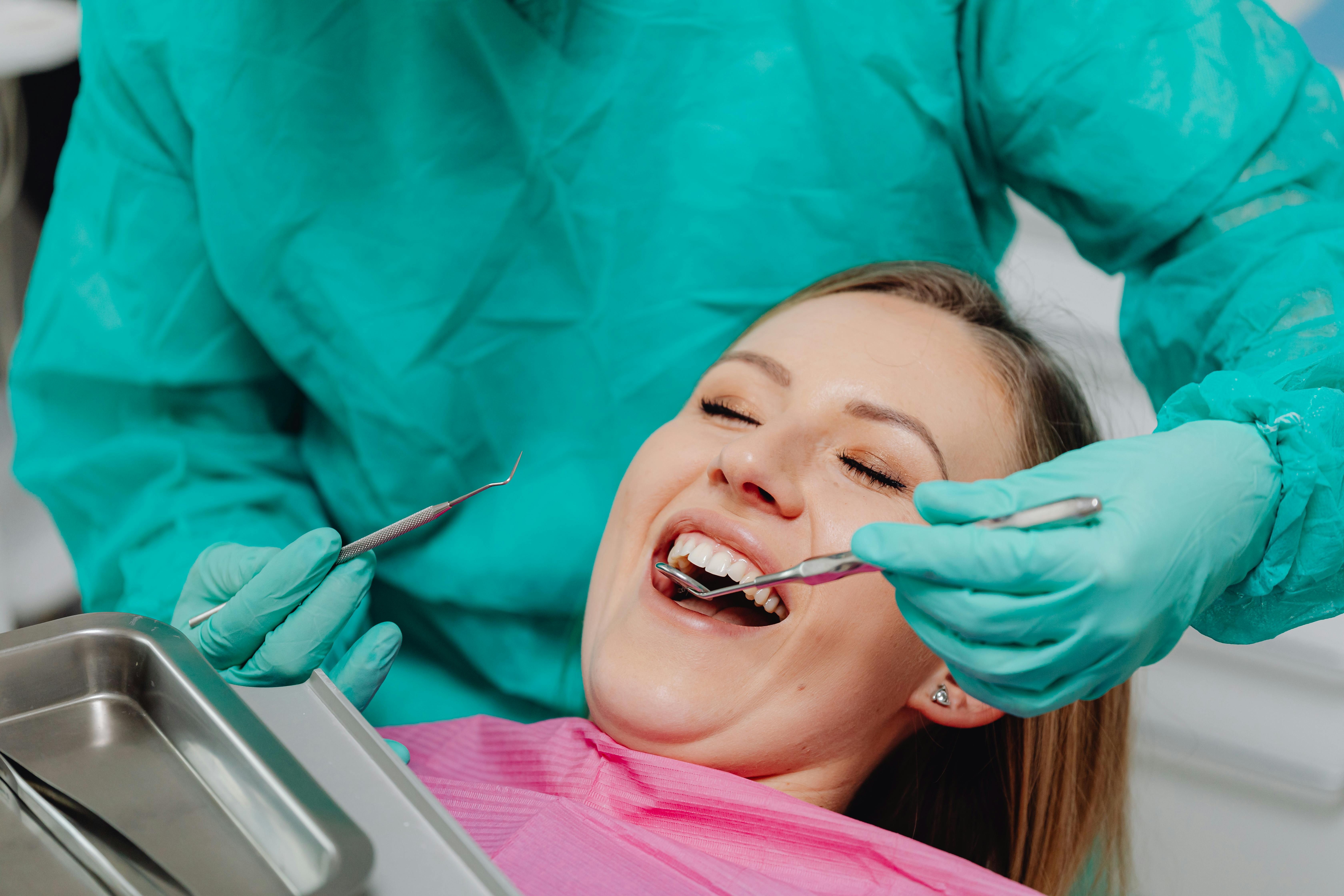Dentistry is not only about fixing teeth; it’s about restoring confidence, ensuring oral health, and preserving smiles. Therefore, one of the most important aspects in dentistry is: accurate diagnosis. Just like a skilled detective unravels the truth behind a mystery, a dentist must accurately and precisely diagnose dental issues to provide effective treatment.

Why Accurate Diagnosis Matters:
- Tailored Treatment Plans: Accurate diagnosis lays the foundation for personalized treatment plans. By identifying the root cause of a dental problem, dentists can generate interventions to address individual needs effectively. Whether it’s a routine cleaning, cavity filling, or complex restorative procedure, a precise diagnosis ensures that patients receive the most appropriate care.
- Preventive Care: Dentistry isn’t just about fixing existing problems; it’s also about preventing future issues. Through accurate diagnosis, dentists can detect early signs of dental conditions such as gum disease, decay, or misalignment. Early intervention not only prevents complications but also minimizes treatment costs and discomfort for patients in the long run.
- Avoiding Misdiagnosis: Misdiagnosis in dentistry can lead to ineffective treatments, unnecessary procedures, and prolonged suffering for patients. By improving their diagnostic skills and leveraging advanced technologies such as digital imaging and intraoral cameras, dentists can minimize the risk of misinterpretation and ensure precise diagnosis.
- Patient Education and Empowerment: Accurate diagnosis empowers patients to take charge of their oral health. When dentists explain the underlying causes of dental issues and discuss treatment options in detail, patients become more informed and engaged in their care. This gives a sense of trust between the dentist and the patient, leading to better treatment outcomes and improved oral health habits.
- Holistic Approach to Health: Oral health is intricately linked to overall health and well-being. Certain dental conditions, such as periodontal disease, have been associated with systemic health issues like heart disease, diabetes, and respiratory problems. By accurately diagnosing and treating oral diseases, dentists contribute to the holistic health of their patients, promoting overall wellness and longevity.
- Early detection: Accurate diagnosis can play an important role in the early detection of any serious condition like oral cancer. A skilled dentist holds the ethical responsibility to give the appropriate diagnosis and treatment plan required according to the findings.
Accurate diagnosis is not merely a desirable attribute but an essential component of quality care. At Teeth Care Centre, Dr. Pankti Patel, a top dentist in Ahmedabad, believes that diagnosis is the backbone and crucial step in the treatment plan, so she always focuses on the perfect diagnosis and further leads to the best treatment.

